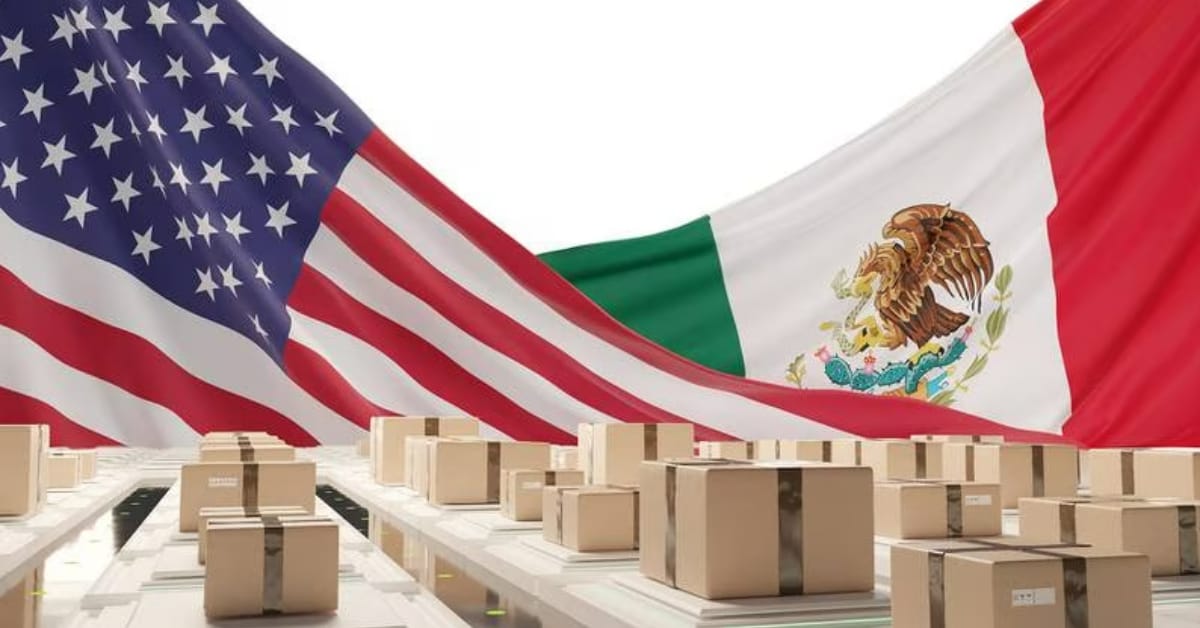Friends, followers, brace yourselves. The situation is grim. The UN’s humanitarian arm is being forced to slash its workforce by a staggering 20% – over 500 dedicated professionals – thanks to brutally curtailed funding, primarily due to a massive pullback in US foreign aid. This isn’t just bureaucratic reshuffling; this is a dismantling of a critical lifeline for millions.

As Tom Fletcher, the UN’s Emergency Relief Coordinator, bluntly stated, the organization is facing its “most difficult situation ever.” Think about that for a second. It’s not hyperbole.
These aren’t just numbers on a spreadsheet. These are the people on the ground in Ukraine, Gaza, Sudan, and over 60 other nations, offering critical support to those caught in the crosshairs of conflict and disaster. To pull the rug out from under them now is…well, it’s frankly unconscionable.
Let’s break down the implications. US foreign aid, while often subject to political debate, has historically been a cornerstone of global humanitarian response. This sudden and significant reduction immediately impacts the speed and scale of aid delivery.
Understanding the Dynamics of Humanitarian Aid (Knowledge Point)
Humanitarian aid isn’t simply charity; it’s a vital component of global stability. Effective aid operations require sustained, predictable funding.
Reductions in aid directly correlate with increased suffering, displacement, and potentially, further escalation of conflicts – a disastrous cycle.
The UN’s coordination role is crucial, leveraging resources and ensuring aid reaches those most in need efficiently. Reduced capacity hinders this effort.
Furthermore, the US aid cuts signal a concerning trend towards isolationism, potentially weakening international cooperation on critical issues.
This isn’t just about the UN; it’s about our collective responsibility to address human suffering. It’s about recognizing that stability abroad directly impacts our own security and prosperity. I’ll be keeping a close eye on this developing situation – and I urge you to do the same. This is a canary in the coal mine, folks, and the message isn’t pretty.



